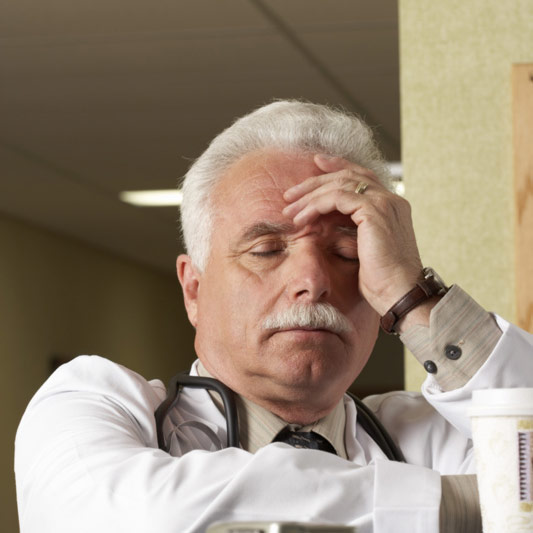MONDAY, June 6, 2016 (HealthDay News) — Sleep deprivation and an abnormal sleep cycle may increase the risk of heart disease, especially for shift workers, a small study suggests.
“In humans, as in all mammals, almost all physiological and behavioral processes, in particular the sleep-wake cycle, follow a circadian rhythm that is regulated by an internal clock located in the brain,” said study lead author Dr. Daniela Grimaldi.
“When our sleep-wake and feeding cycles are not in tune with the rhythms dictated by our internal clock, circadian misalignment occurs,” added Grimaldi, a research assistant professor at Northwestern University in Chicago.
The study results suggest that shift workers “who are chronically exposed to circadian misalignment, might not fully benefit from the restorative cardiovascular effects of nighttime sleep following a shift-work rotation,” she added.
The study included 26 healthy people,
aged 20 to 39, who were restricted to five hours of sleep for eight days with either fixed bedtimes or bedtimes delayed by 8.5 hours on four of the eight nights.
A higher heart rate during the day was seen in both groups, to a greater extent at night when sleep deprivation was combined with delayed bedtimes. Also, there was an increase in levels of the stress hormone norepinephrine in the sleep-deprived and delayed-bedtime group.
Norepinephrine can narrow blood vessels, raise blood pressure and expand the windpipe, the researchers noted.
They said sleep deprivation and delayed bedtime were also associated with reduced heart rate variability at night and reduced vagal activity during deeper sleep phases that normally have a restorative effect on heart function. The main effect of the vagal nerve on the heart is the lowering of the heart rate, the study authors said.
Shift workers should be encouraged to eat a healthy diet, exercise regularly and get more sleep to protect their hearts, the researchers said.
The study was published June 6 in the journal Hypertension.
More information
The U.S. Centers for Disease Control and Prevention has more about shift work.
Copyright © 2026 HealthDay. All rights reserved.

